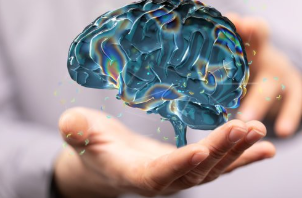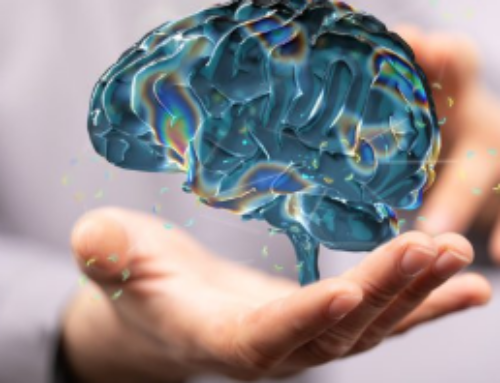Currently, marijuana use for medical purposes is legal in 37 states, and 19 states have legalized it for recreational use, as well.
Advocates suggest that medical marijuana can treat a wide range of conditions, from chemotherapy-related nausea to glaucoma. However, people in recovery should be aware of the dangers of using marijuana—medicinally or recreationally. Like other drugs which produce mind and mood-altering effects, marijuana can create obstacles and may lead to relapse over time.
Marijuana and Recovery: Triggering an Addicted Brain
For people who struggle with substance dependence, the THC in marijuana can produce a high that can become addictive. Psychological dependence on marijuana can lead to cravings, irritability, anxiety, and even depression.
For people who suffer from existing substance use issues, it can also lead to using more and more of the substance or even switching back to the individual’s “drug of choice,” such as alcohol or opioids.
Addicted brains respond to mood and mind-altering chemicals differently. Rather than processing the experience and moving on, the brain becomes “hooked” and triggers cravings for more. For someone who is using medical cannabis and is in recovery from addictive use of substances, this is a dangerous path to go down.
Sparking Co-Occurring Disorders
A recent study published in the Journal of the American Medical Association (JAMA) examined outcomes for 186 participants in a randomized clinical trial, each of whom acquired medical marijuana cards and used the herb to treat a variety of conditions such as chronic pain. The study concluded that participants experienced no significant improvement in pain, anxiety, or depressive symptoms.
However, it did find that those at greatest risk of developing the addictive symptoms of cannabis use disorder (CUD) were those seeking relief from anxiety and depression—two common co-occurring disorders that often appear alongside drug or alcohol addiction.
CUD symptoms include the need for more cannabis to overcome drug tolerance and continued use despite physical or psychological problems caused by use of the cannabis. In other words, creating the perfect storm to trigger cravings, and promote relapse from substance use disorder recovery.
Risks Outweigh Rewards
The potential medicinal properties of marijuana and its components have been the subject of research and heated debate for decades. THC itself has proven medical benefits in particular formulations, and the U.S. Food & Drug Administration (FDA) has approved some THC medications in pill form.
However, for most people who are recovering from addiction or alcoholism, the use of a drug that produces a high is a risky practice which can lead to dependence and relapse into using other substances.
Addictive behavior can occur in response to any drug that produces a high, even if the intention of the drug use was purely medical. For people who want to avoid addictive behavior and who are recovering from substance dependence, the medical use of marijuana is probably too great a risk, and it may be wise to look for alternative treatment methods.
If you or a loved one is struggling with addiction, call the New England Recovery Center today at 1-877-MyRehab.










